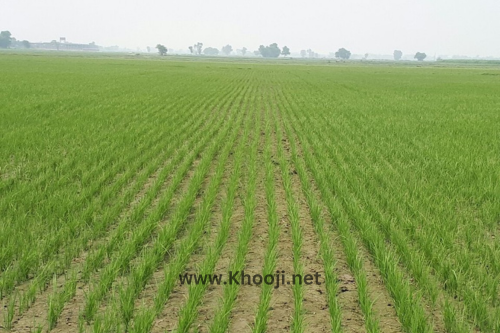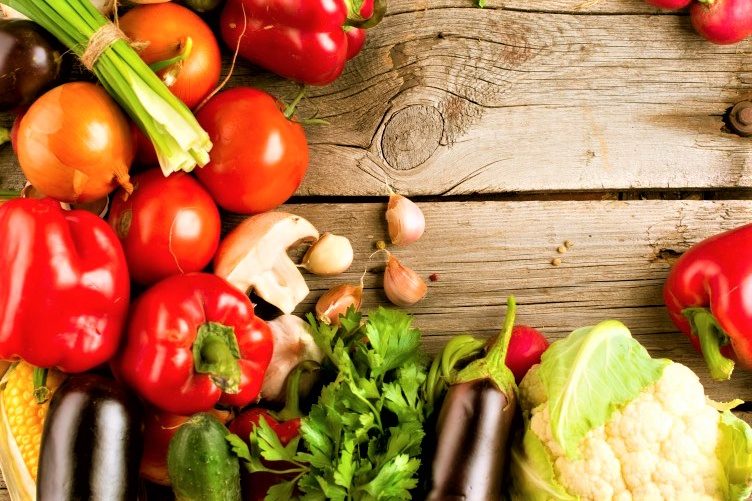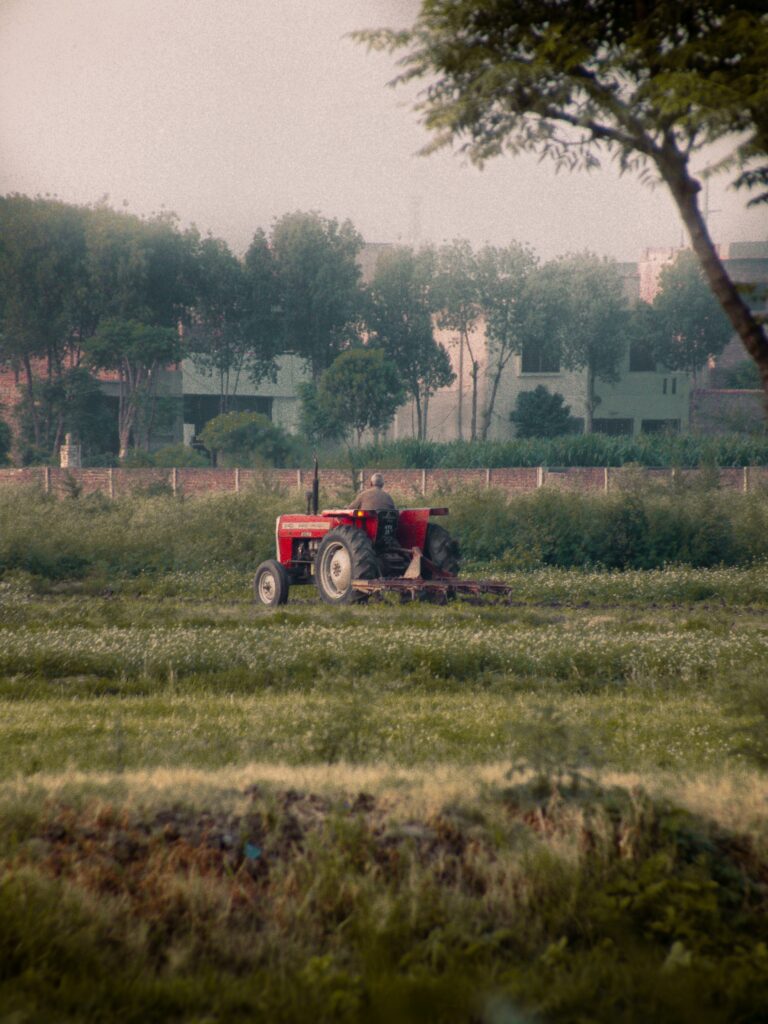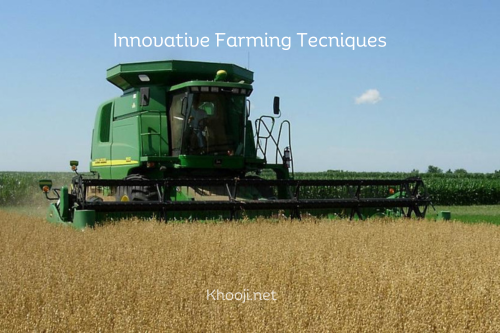Introduction
The world population is expected to reach nearly 10 billion by 2050. This growing population requires more food. Traditional agriculture is already struggling to keep up with demand, and as cities continue to expand, urban agriculture becomes increasingly important. Hydroponic farming is a growing industry with the potential to meet the demand for food in urban areas, as it has many advantages over traditional farming methods. In this article, we will explore the future of hydroponic farming and its potential for meeting the growing demand for food in a rapidly urbanizing world.
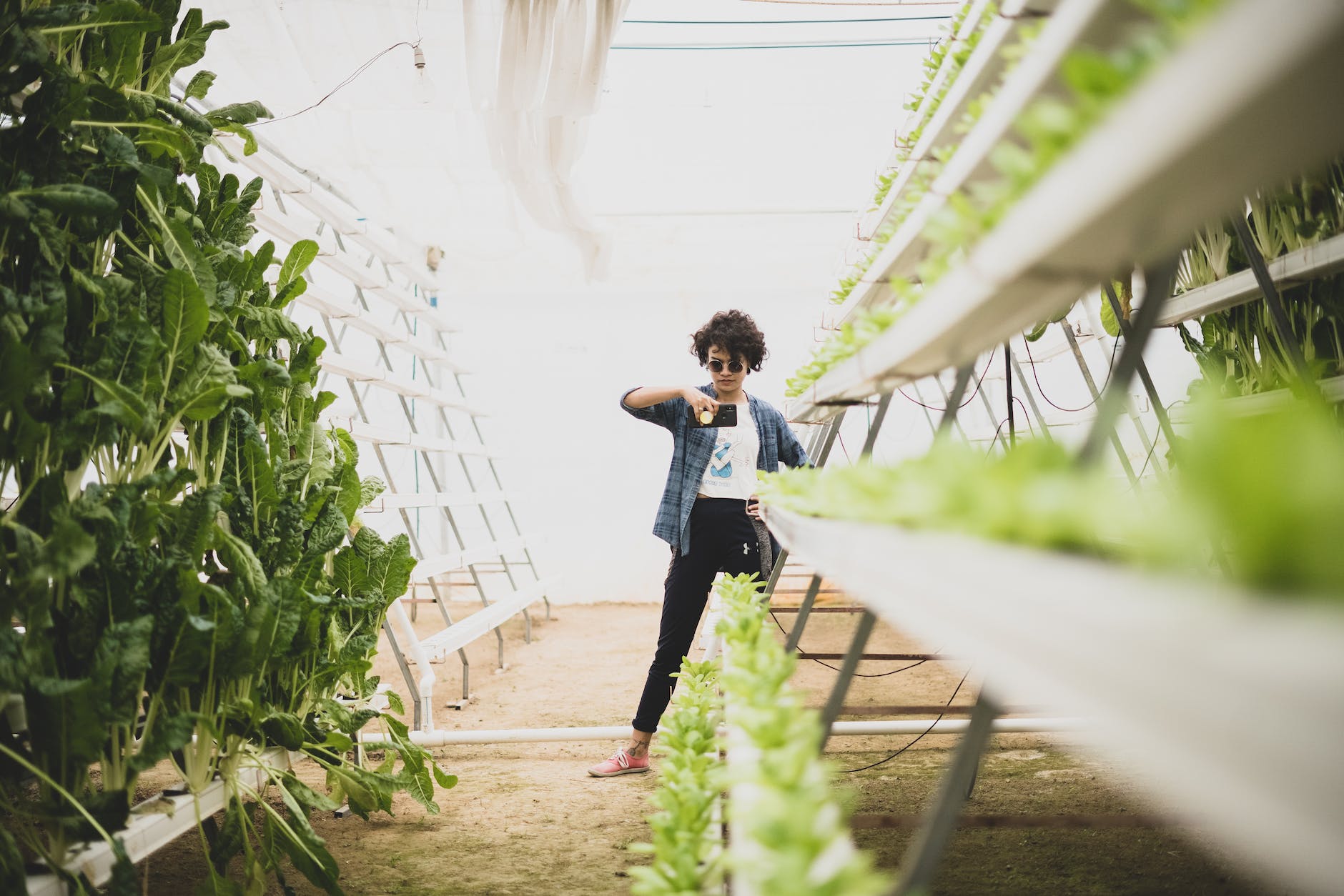
What is Hydroponics?
Hydroponic farming is a soilless farming method that uses water, nutrients, and light to grow plants. It has been gaining popularity in recent years due to its many advantages over traditional farming methods. Hydroponic farming is mostly done at indoors places. It has the potential to produce higher yields with less water, less space, and fewer pesticides than traditional farming methods.
Why to use Hydroponic?
- One of the main advantages of hydroponic farming is that it can be done year-round, regardless of weather conditions.
- This means that crops can be produced continuously, providing a steady supply of fresh produce to urban areas.
- In addition, hydroponic farming uses significantly less water than traditional farming methods.
- Hydroponic reduces water wastage and conserving water resources. Because the water used in hydroponic farming is recycled multiple times.
Low Space Required
Hydroponic farming also requires less space than traditional farming methods. This is because of the hydroponic’s systems can be stacked, which allow us to grow multiple layers of plants in a small area. This is especially important in urban areas, where space is at a premium.
Control on the Nutrition
Another advantage of hydroponic farming is that it is more efficient than traditional farming methods. This is because hydroponic systems provide plants with exactly the right amount of nutrients they need to grow, which results in higher yields. In addition, hydroponic systems can be monitored & controlled more closely than traditional farming methods. Which reduces the risk of pests and disease.
Eco-friendly Method
Hydroponic farming has the potential to revolutionize the way we produce food, especially in urban areas where space is limited. As cities continue to expand, hydroponic farming will become increasingly important for meeting the growing demand for food. In addition, hydroponic farming has the potential to address many of the environmental challenges that traditional farming methods face, such as water waste, soil erosion, and pesticide use.
Hydroponic farming is already being used in many countries around the world, including the United States, the Netherlands, and Japan. In the future, we can expect to see more adoption of this method of farming. As the demand for food continues to grow. Hydroponic farming has the potential to become a major industry. It is predicted that the global hydroponic market expected to reach $16 billion by 2025.
However, there are also challenges associated with hydroponic farming that must be addressed. One of the main challenges is the high initial cost of setting up a hydroponic farm. The cost of equipment, such as hydroponic systems, grow lights, and climate control systems, can be expensive. In addition, hydroponic farming requires a significant amount of electricity, which can also be expensive.
Another challenge associated with hydroponic farming is the need for specialized knowledge and skills. Hydroponic systems require careful monitoring and maintenance to ensure that the plants are receiving the right amount of nutrients and light. This requires specialized knowledge and skills, which can be difficult to find in some areas.
Conclusion
Finally, hydroponic farming has the potential to produce higher yields than traditional farming methods, thanks to its more precise control over growing conditions. This means that hydroponic farms can produce more food per unit of land, making it a more efficient use of resources. As a result, hydroponic farming could help reduce the pressure on natural resources, such as land and water, and help ensure food security for future generations. In conclusion, hydroponic farming has the potential to revolutionize the way we produce food in a rapidly in urbanization. Its many advantages over traditional farming methods make it an attractive option for meeting the growing demand for food in urban areas. However, there are lots of contemporary challenges associated with hydroponic farming that must be addressed.
For more Amazing and Unique information and Posts Visit our Home page... If you have any suggestions or information feel free to share with us ….



